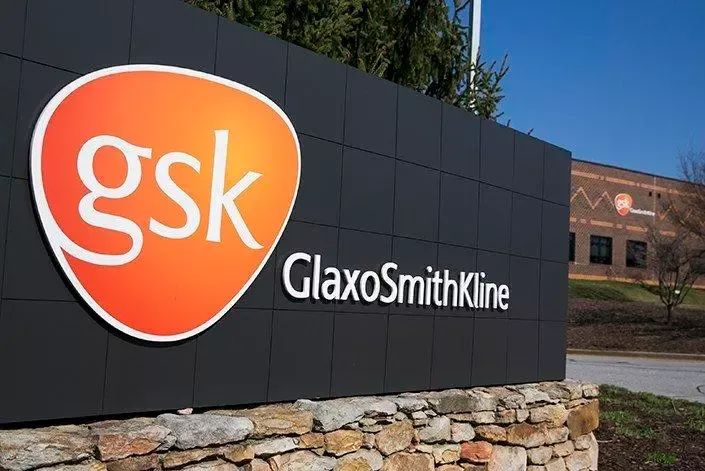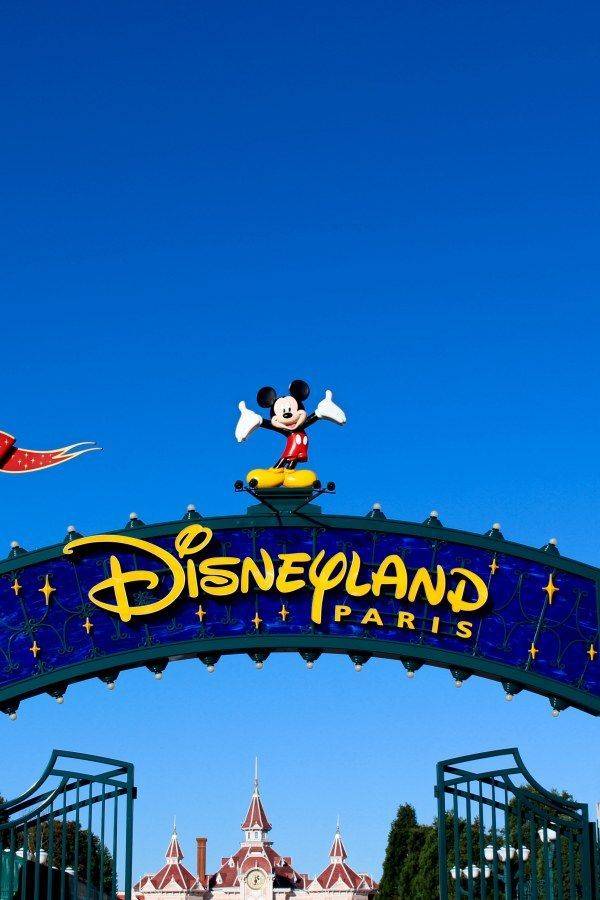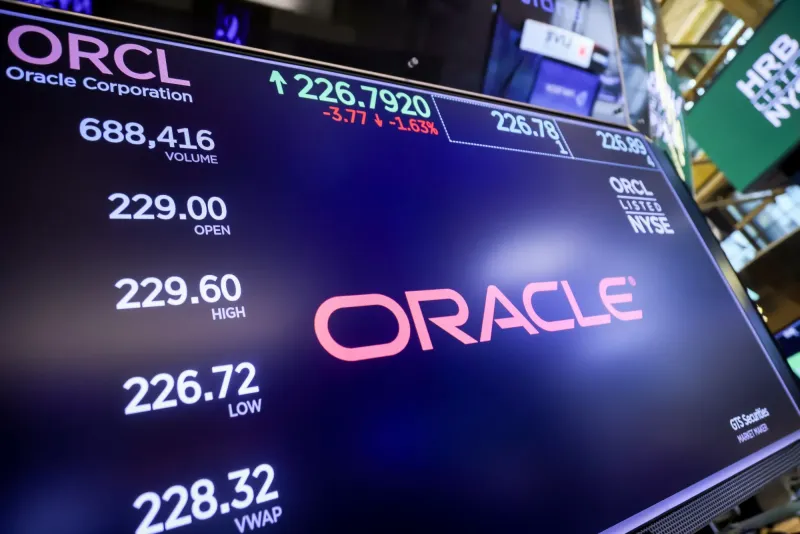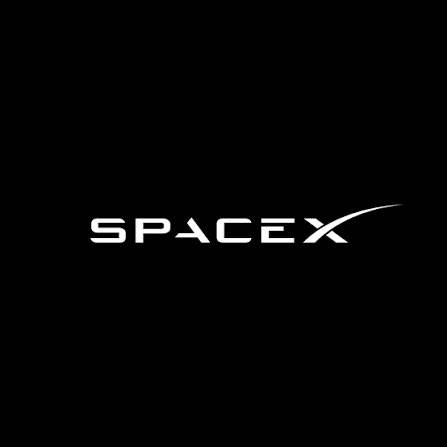GlaxoSmithKline (GSK) Nigeria (GLAXOSM.LG) said on Thursday it plans to cease operations after considering options to switch to a third distribution model for its pharmaceuticals and consumer health products.GSK Nigeria, which faces increased competition from local companies and imports from India and China, said its half-year sales fell to 7.75 billion naira ($9.82 billion), against 14.8 billion naira in the same period a year ago. Its British parent company GSK which has been in Nigeria since 1971, said in 2018 that it would reduce operations in Africa and pursue a distribution strategy instead of marketing drugs in 29 sub-Saharan African countries. market.GSK Nigeria said it is working with advisers to agree on an alternative plan and plans to submit a restructuring plan to Nigeria's Securities and Exchange Commission, which, if approved, will see it return to investors. money.
He also said that Haleon Group (HLN.L) has informed him of its intention to terminate the distribution agreement and appoint a third distributor in Nigeria, which is facing serious problems of living, paying for growing business and customers. is decreasing. ."Due to the above, and after reviewing various other options with GSK UK, the Board of GlaxoSmithKline Consumer Nigeria Plc has concluded that there is no alternative but to terminate operations." GSK Nigeria said in a statement. Shares of GSK Nigeria, in which British drugmaker GSK holds 46.4% and Nigerian owners the remaining 53.6%, closed at 8.10 naira, from a high of 42.24 naira in 2014. Inflation in Africa's largest economy, which has been in double digits since 2016, reached 22.79% in June and is expected to increase after new president Bola Tinubu ended fuel subsidies. popular and expensive and a waste of money. Tinubu hoped that this change would lead to growth in attracting foreign investors, which would help boost inflows into the country which has a chronic shortage of dollars, making it difficult for businesses to import raw materials. ($1 = 788.89 Naira)




